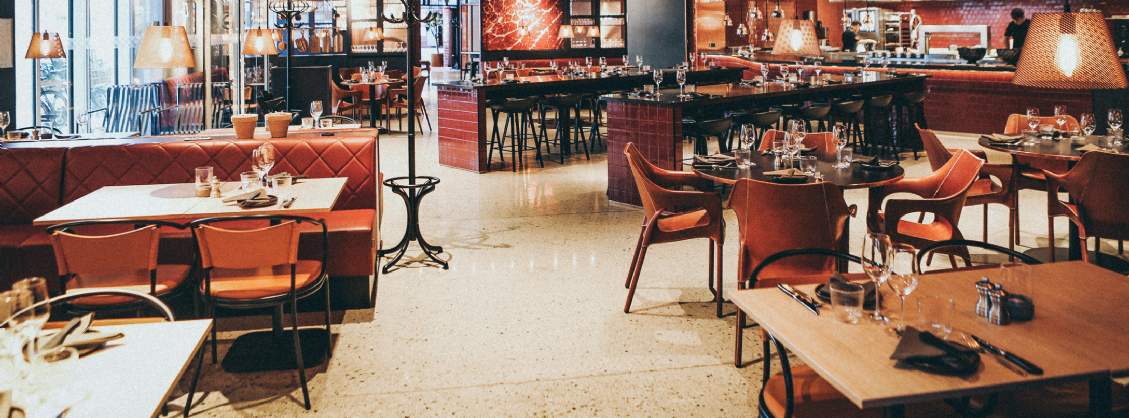In recent years the growing spending power amongst younger generations, and an increased desire to spend money on experiences, has fueled the expansion globally of innovative leisure concepts. Savills recent Global Leisure Cities index highlighted the key cities that are proving particularly attractive for expansive operators at present, with New York, Seoul and London coming out on top, and Istanbul, Bangkok and Mumbai identified as opportunistic emerging markets.
However, there are cultural nuances and market specifics that may move certain cities further up or down the agenda, depending on the requirements of the operator in question.
So what should leisure occupiers consider when expanding into new global markets?
Operational pressures, primarily those related to staffing and rising energy costs, have become particularly acute in the likes of London and New York, generating downward pressure on profit margins for some operators. This means that the occupier types most likely to consider these cities over the short term are generally those with limited staffing requirements, as well as high-end restaurants or fast food outlets.
However, some of these cost pressures are being offset by property cost savings. In the case of London, average rents have now rebased from their pre-Covid-19 levels, albeit this is largely dependent on the unit and precise location. Therefore, there is a growing realisation amongst occupiers that now may be the opportune time to enter into the London market. We can already see this reflected in recent leasing activity, with London witnessing 17 new international F&B concepts in 2022, with 14 new entrants already having secured their first London site in 2023.
In the case of the high ranking Asian markets (notably Seoul and Tokyo), while the market fundamentals for these cities look particularly strong, there are cultural nuances that mean the opportunity for some international entrants may be muted, with the appeal likely to be concept specific. However, conversely, there is significant appeal in other cities for concepts coming out of these Asian markets, with Savills agents in London seeing unprecedented demand for space from operators originating from the Asia-Pacific region.
Looking towards the Middle East, while Dubai remains an attractive market for occupiers, it’s already relatively well served for leisure per capita in comparison to many other cities. However, Dubai’s major appeal is now likely to lie in its role as a launch pad into other Middle Eastern markets, with Riyadh fast becoming another popular destination for international brands.
While most of the world’s major cities will generally present as attractive markets, with London and New York remaining top of the agenda, it’s worth considering that perhaps the new opportunities for international expansion lie within the smaller cities of Europe and North America. For example, Dublin and Vienna actually have the highest spend per capita on eating out across the major European cities, while San Francisco boasts the highest for the US.
For expansive leisure and F&B concepts, understanding the fundamentals in terms of market potential is key, but our research shows that it will be the nuances related to micro-location and property specifics that will be vital to realising those international expansion aspirations.



.jpg)

.jpg)

.jpg)
.jpg)
.jpg)
